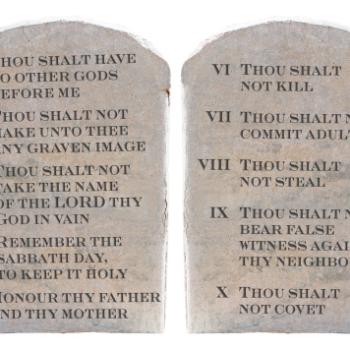 As a writer, I’m always trying to improve my ability to communicate. I believe it is the responsibility of the speaker and writer to be understood.
As a writer, I’m always trying to improve my ability to communicate. I believe it is the responsibility of the speaker and writer to be understood.
As a member of the Inventor’s Association of Arizona, I recently attended one of its meetings to listen to speaker Alan Tarr. He is a former Madison Avenue copywriter and now a consultant to businesses in marketing their products. Mr. Tarr owns his own business, called Money Words Marketing. His speech topic for that day was, “Creating Sell Sheets that Really Work.”
A Sell Sheet, often called a One Page, is common in many businesses. Nowhere are the tools of communication more important for displaying the written word than in the crafting of a Sell Sheet or a one-page Query Letter.
During Alan’s speech, he quoted some famous people about how to communicate effectively. The following are some of his quotes that I liked and had never heard:
U.S. President Thomas Jefferson: “The most valuable of talents is in using one word for two.”
U.S. President William Taft: “Don’t write so you can be understood; write so you can’t be misunderstood.”
William Faulkner said of Ernest Hemingway: “He has never been known to use a word that might send a reader to the dictionary.”
Albert Einstein: “If you can’t explain something simply, you don’t know it well enough.”
I would like to add some sayings to this list from wise King Solomon in the Bible:
“Let your words be few…. The fool multiplies words” (Ecclesiastes 5.2; 10.14 NASB)
“The more the words the less the meaning” (Ecclesiastes 6.11 NIV).
“Do not take seriously all words which are spoken” (Ecclesiastes 7.21 NASB).
Probably the most common advice about communicating on the written page is this: “write like you talk.” That works with a lot of literary genres, but not all. Some subjects are very complicated, so that they need to be articulated with learned jargon just to save time and words. But it’s best to avoid uncommon words, if possible, when speaking to people who are unfamiliar with a subject. And highfaluting, pretentious words by all means should be avoided. A simple rule, here, is, “express, don’t impress.”
 I believe the greatest communicator of all time was Jesus of Nazareth. His constant object was to communicate life truths–often about the kingdom of God and how to enter it–in a manner that could be easily understood and remembered by all kinds of listeners. He often did it by using parables. They are fictitious stories about life which usually end with an ethical point.
I believe the greatest communicator of all time was Jesus of Nazareth. His constant object was to communicate life truths–often about the kingdom of God and how to enter it–in a manner that could be easily understood and remembered by all kinds of listeners. He often did it by using parables. They are fictitious stories about life which usually end with an ethical point.
According to the New Testament synoptic gospels–Matthew, Mark, and Luke–Jesus sometimes would say, “The kingdom of God is like,” and then he would tell a short story about, for example, a woman losing and finding a coin, a farmer sowing good seeds and up sprung weeds among the wheat, or a merchant finding an expensive pearl. All of these were images that Jesus’ listeners could picture in their minds. Most people back then were illiterate, so that parables were the best form of education for them. But heh, parables still work today in our smart, fast-paced age. Jesus was the Master-Teacher who knew how to make himself understood, whether then or now.












